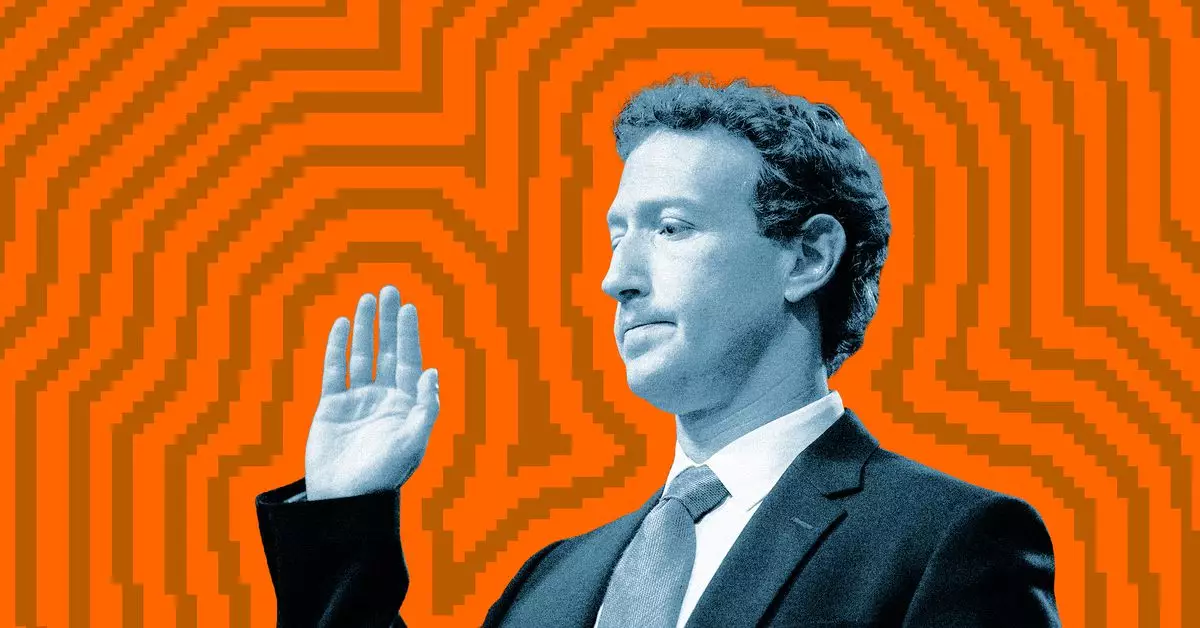In the evolving landscape of technology and politics, the recent dinner held at Mar-a-Lago between Meta’s CEO Mark Zuckerberg and President-elect Donald Trump has raised significant eyebrows. This meeting illuminates the intricate dynamics between the tech industry and political frameworks, especially in an era increasingly characterized by digital influence and social media’s power.
The timing of such a meeting is not lost on observers. As the tech sector faces scrutiny over its influence on democratic processes, Zuckerberg’s relationship with Trump signals a willingness to engage directly with political figures at pivotal moments. Meta spokesperson Andy Stone noted the “important time for the future of American Innovation,” suggesting that this meeting could be more than just casual dining but rather a strategic discussion concerning the direction of technological advancements in the United States.
This relationship, often marked by tension, is now portrayed as an opportunity for collaboration. As society grapples with the consequences of misinformation and the significant role digital platforms play in shaping public opinion, dialogues between technology leaders and political figures may prove crucial in navigating these challenges.
Zuckerberg’s approach to public discourse has not been without controversy. His company’s involvement in the 2020 presidential race faced substantial backlash, with many critics arguing that Facebook’s platform served as a catalyst for spreading misinformation. Furthermore, Zuckerberg has vocally supported various mail-in ballot initiatives, a stance that has drawn ire from some quarters, including individuals within Trump’s camp.
The juxtaposition of Zuckerberg’s philanthropic initiatives against broader concerns about tech’s impact on democracy presents a complicated narrative. While Zuckerberg seeks to position Meta holistically within the framework of American innovation, the facade of collaboration with Trump might raise questions about his motives. The potential for leveraging political connections might lead to favorable regulations for tech giants, but it risks alienating sections of the public and politicians who are critical of such alliances.
The fallout from this dinner and similar engagements could shape the future of the relationship between technology firms and political leadership. As tech companies continue to grow in influence, their leaders may find themselves in complex ethical territories. Is fostering relationships with political figures a necessary strategy to mitigate potential regulatory backlashes, or does it blur the lines of corporate responsibility?
The discussion between Zuckerberg and Trump extends beyond mere personal acquaintance; it is emblematic of a larger trend. As tech continues to intersect with various aspects of public life, leaders in this space must navigate a maze of political ramifications tied closely to their product offerings and business practices. Ultimately, how they choose to engage will not only impact their companies but also the civic landscape within which these technologies operate.


Leave a Reply